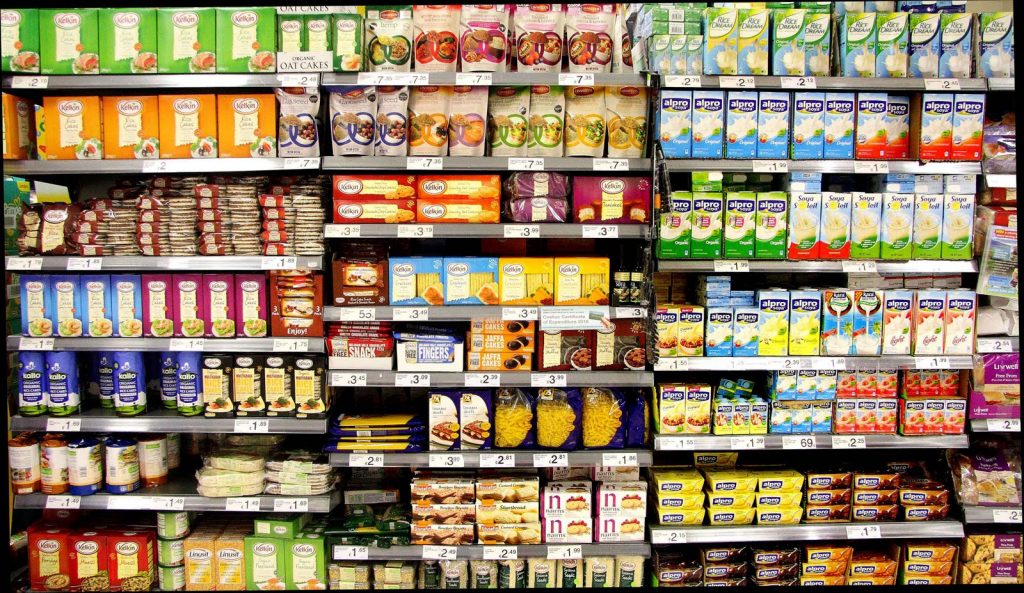The Dynamics of Global Trade: Unveiling the Motivations Behind Goods Exchange
In today's interconnected world, the exchange of goods has become a fundamental aspect of our daily lives. From the food we consume to the technology we rely on, trade plays a pivotal role in shaping economies and societies. But why do people trade goods? What drives this intricate web of transactions that spans across borders and cultures? In this blog post, we will delve into the motivations behind trade, exploring the economic, social, and cultural factors that underpin this global phenomenon.
- Economic Motivations:
At its core, trade is driven by economic considerations. The pursuit of comparative advantage lies at the heart of international trade theory. Nations engage in trade to access resources, goods, and services that are either scarce or more efficiently produced elsewhere. By specializing in the production of certain goods and trading for others, countries can maximize their overall economic output and welfare. This concept of mutual benefit forms the foundation of international trade relationships. - Market Expansion and Profit Maximization:
Trade offers businesses the opportunity to expand their markets beyond domestic boundaries. By accessing new customer bases, companies can increase their sales and profits. Global trade allows firms to tap into diverse consumer preferences and demands, enabling them to offer a wider range of products and services. Additionally, trade fosters competition, driving innovation and efficiency as businesses strive to gain a competitive edge in the global marketplace. - Access to Resources:
Not all countries possess abundant natural resources or have the capacity to produce all the goods they need. Trade provides a means for nations to access vital resources that may be scarce or unavailable within their borders. For example, oil-producing countries trade their petroleum reserves for goods and services they require but cannot produce themselves. This resource exchange ensures a more efficient allocation of resources on a global scale. - Cultural Exchange and Diversity:
Trade goes beyond economic considerations; it also facilitates cultural exchange and promotes diversity. As goods flow across borders, they carry with them the cultural values, traditions, and ideas of their origin. This cultural diffusion enriches societies, fostering cross-cultural understanding and appreciation. Moreover, trade encourages the preservation and revitalization of traditional crafts and practices, contributing to the cultural heritage of communities around the world. - Peace and Diplomacy:
Trade has long been recognized as a catalyst for peace and diplomacy. By engaging in mutually beneficial economic relationships, nations establish interdependencies that reduce the likelihood of conflicts. Trade fosters cooperation and dialogue, providing a platform for diplomatic negotiations and resolving disputes. The interwoven nature of global trade creates incentives for peaceful resolutions, as the costs of disrupting trade relationships are high for all parties involved.
Conclusion:
The motivations behind trade are multifaceted and interconnected, encompassing economic, social, and cultural dimensions. From economic efficiency and market expansion to resource access and cultural exchange, trade serves as a driving force for global interconnectedness and prosperity. By understanding the complex dynamics that underpin trade, we can appreciate its significance in shaping our world and fostering cooperation among nations.

Post Comment